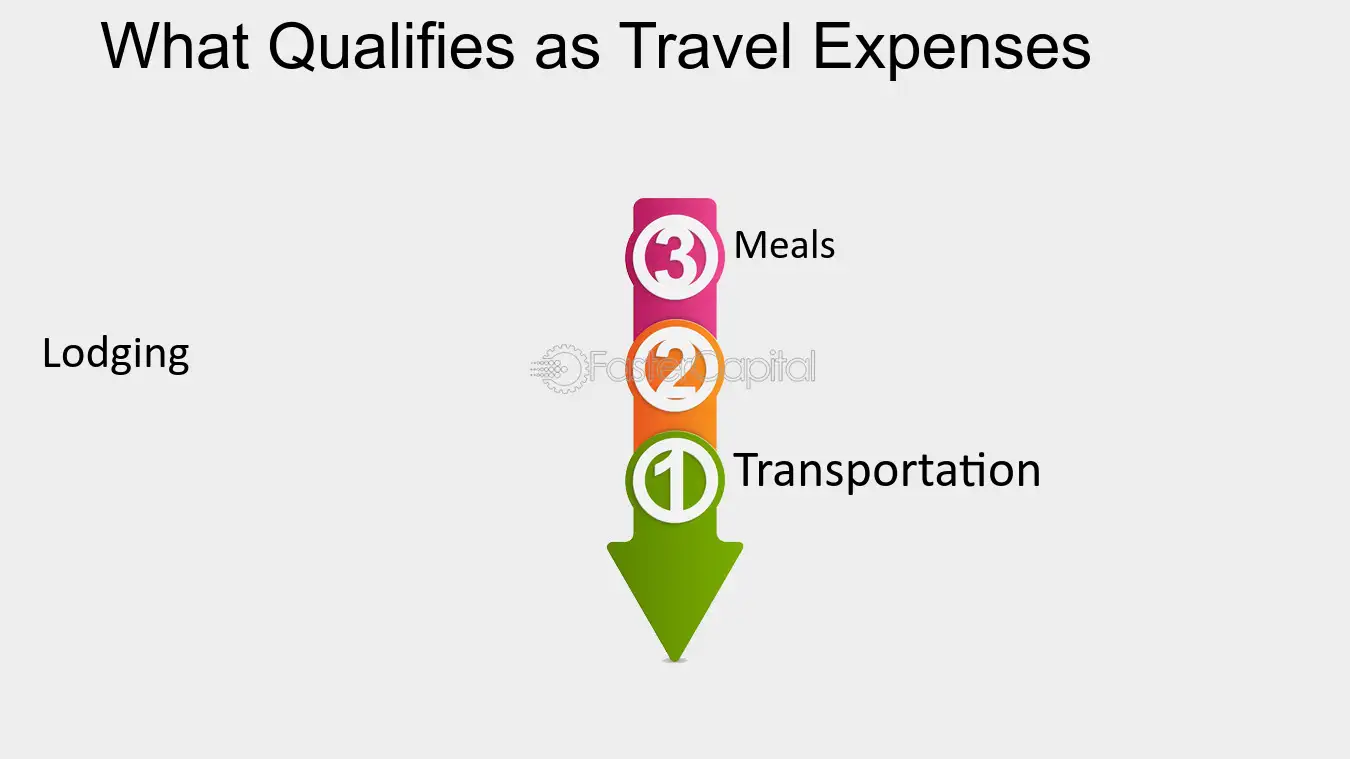IRS Publication 463: Travel, Gift, and Car Expenses Overview
The publication also covers the tax deductions available for gift expenses. It explains the different types of gifts that may be deductible, such as business gifts and employee achievement awards. It outlines the criteria that must be met for these deductions to be allowed and provides examples to illustrate how the rules apply in various situations.
In addition, IRS Publication 463 addresses the tax deductions available for car expenses. It explains the different methods for calculating these deductions, including the standard mileage rate and actual expenses. It provides guidance on what records must be kept to support these deductions and discusses the rules and limitations that apply.
Tax Deductions for Travel Expenses
- Business Travel: If you travel for business purposes, such as attending conferences, meetings, or visiting clients, you may be able to deduct your travel expenses. This includes transportation costs, such as airfare or train tickets, as well as lodging, meals, and even tips.
- Distance Requirement: To qualify for travel expense deductions, your destination must be far enough from your home that it requires an overnight stay. Generally, if your travel takes you outside of your tax home for more than a day, you meet this requirement.
- Documentation: It is crucial to keep detailed records of your travel expenses. This includes receipts, invoices, and any other supporting documents. Make sure to record the purpose of your trip and the business activities you engaged in while traveling.
- Transportation: In addition to airfare or train tickets, other transportation expenses can be deducted. This includes rental cars, taxis, and even parking fees. Keep in mind that if you use your personal vehicle for business travel, you may be able to deduct mileage or actual expenses.
Tax Deductions for Gift Expenses
Gift expenses can include a wide range of items, such as client gifts, employee recognition awards, or promotional items. In order to qualify for a tax deduction, the gift must meet the following requirements:
- The gift must be directly related to your business. This means that the gift must be given with the expectation of receiving a business benefit in return. For example, if you give a client a gift in order to encourage them to continue doing business with you, it would be considered directly related to your business.
- The gift must be ordinary and necessary. This means that the gift should be common and accepted in your industry, and it should be necessary for your business operations. For example, if you are a real estate agent and you give a client a gift certificate to a local home improvement store, it would be considered ordinary and necessary.
- The gift must not exceed a certain limit. The IRS places a limit on the amount of gift expenses that can be deducted. For tax year 2021, the limit is $25 per recipient. If the gift exceeds this limit, only the first $25 can be deducted.
It’s worth noting that certain gifts are not deductible, regardless of whether they meet the above criteria. These include gifts that are primarily for personal use, such as gifts to family members or friends. Additionally, gifts that are considered entertainment, such as tickets to a sporting event or a concert, are not deductible.
Tax Deductions for Car Expenses
Eligibility
In order to be eligible for tax deductions on car expenses, you must meet certain criteria. First and foremost, the car must be used for business purposes. This means that you use it primarily for work-related activities such as meeting with clients, traveling to and from job sites, or making deliveries.
Additionally, you must keep detailed records of your car expenses. This includes keeping track of mileage, noting the purpose of each trip, and saving receipts for any expenses incurred. Without proper documentation, you will not be able to claim these deductions.
Deductible Expenses

There are several types of car expenses that may be deductible on your taxes. These include:
| Expense | Deductible? |
|---|---|
| Gasoline | Yes |
| Oil changes | Yes |
| Repairs and maintenance | Yes |
| Insurance | Yes |
| Registration fees | Yes |
| Depreciation | Yes |
| Parking fees | Yes |
| Tolls | Yes |
Calculating Deductions
Calculating your deductions for car expenses can be a bit complex. The IRS provides two methods for calculating these deductions: the standard mileage rate method and the actual expense method.
The standard mileage rate method allows you to deduct a certain amount per mile driven for business purposes. The rate is set by the IRS each year and is intended to cover all costs associated with owning and operating a car, including gas, depreciation, and maintenance. For 2021, the standard mileage rate is 56 cents per mile.
The actual expense method, on the other hand, requires you to keep track of all your car expenses and deduct the actual costs. This can be more time-consuming, but it may result in a higher deduction if your actual expenses exceed the standard mileage rate.

Emily Bibb simplifies finance through bestselling books and articles, bridging complex concepts for everyday understanding. Engaging audiences via social media, she shares insights for financial success. Active in seminars and philanthropy, Bibb aims to create a more financially informed society, driven by her passion for empowering others.
